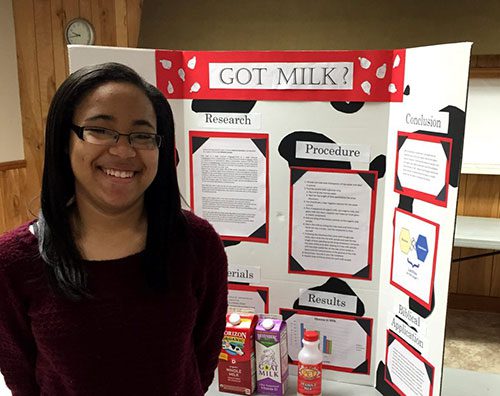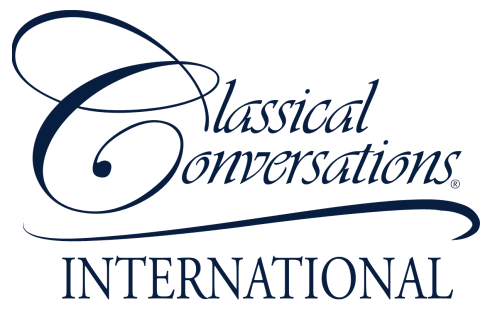Our Programs

Cultivate Curiosity
Students twelve years and older are introduced to the work of the Challenge homeschool program as they learn to own the joys and challenges of this discussion-charged program. Challenge A is a mix of grammar and dialectic materials with an introduction to basic rhetorical skills, all rooted in a Christian worldview.
We purposely limit the amount of reading to give these students time to work on their writing skills. This fulfilling, community-based program prepares middle-school aged students for later Challenge programs by serving as a bridge between the parent-directed Foundations years and more self-directed homeschool learning.
All Great Thinkers Start Somewhere
The Six Strands of Challenge A.
Clearly evaluate the world around you. Build a solid mathematical foundation through math studies, then raise questions and reason your way through complex equations during your weekly classroom conversations. Each week in their community group, students engage in conversations around numbers, operations, and laws, setting a firm foundation for higher math studies.
The classical model emphasizes language skills. In Challenge A, students study Latin with an emphasis on memorization of vocabulary, declensions, and conjugations. In community seminar, Tutors review previous coursework, introduce new concepts, and model parsing and translating from Latin to English and English to Latin.
Inquisitive minds ask the right questions and methodically seek answers. During the first semester, students study natural science using a purely classical method. Each week, Directors introduce and discuss different realms of nature. Students research and read about the assigned topic at home, using varied materials of their choice. They record their research, illustrate or make a model of their findings, and present the results in seminar.
The final five weeks of the semester allow students to implement their research skills as they practice the scientific method through their science fair projects. The second semester involves drawing, labeling, and memorizing nine human body systems (anatomy).
Genuine understanding and sharp argumentation stem from critical reasoning skills. Two general topics are discussed during the year: connecting ideas by constructing analogies and thinking and speaking truthfully. Both courses set the function as the foundational premises upon which subsequent Challenges build. Students are assigned weekly readings and exercises, including recognizing analogies, writing with stylistic devices, and identifying musical relationships. In community seminar each week, Tutors lead discussions on the materials studied, and students share their insights and completed assignments.
Students practice the art of narrative and expository writing by studying familiar Junior Classics. They are encouraged to examine literature and scrutinize the value of their opinions and the actions of the characters. Over the course of the homeschool year, students look intently at the elements of a story sequence while practicing invention, arrangement, and elocution skills.
Instill an early drive towards excellence. Over time, countries’ political lines are formed by the world’s ugliest form of debate: war. This seminar includes continent cartography and memorization of current political boundaries, countries, capitals, and 150 geography terms. When practiced daily, the content and skills learned establish a powerful framework in the mind of the student.
The goal of this seminar is for students to draw the world from memory. Each week, students practice drawing and labeling various continents of the world. Mastery of the contents of this seminar equips the students with senses of achievement and competency. This propels them to pursue excellence in subsequent middle- and high-school levels.
Join the Conversation
Community is at our core, with families doing life together as they learn.
Find a community near you

